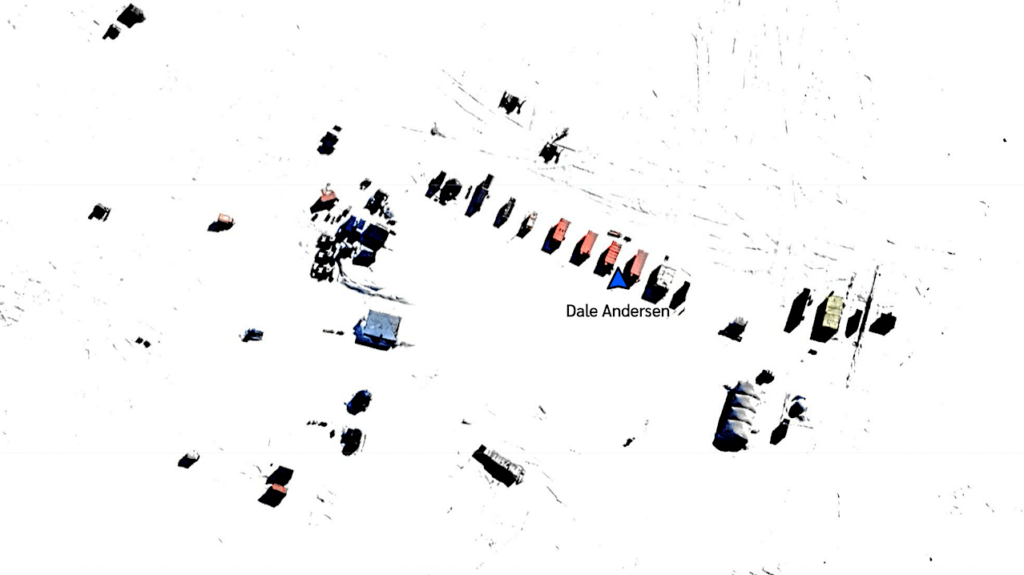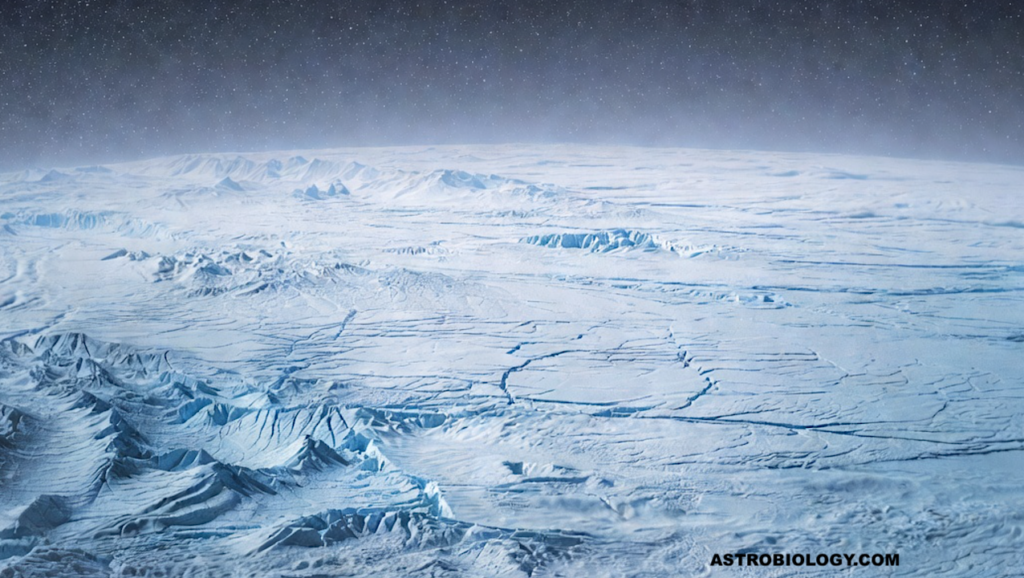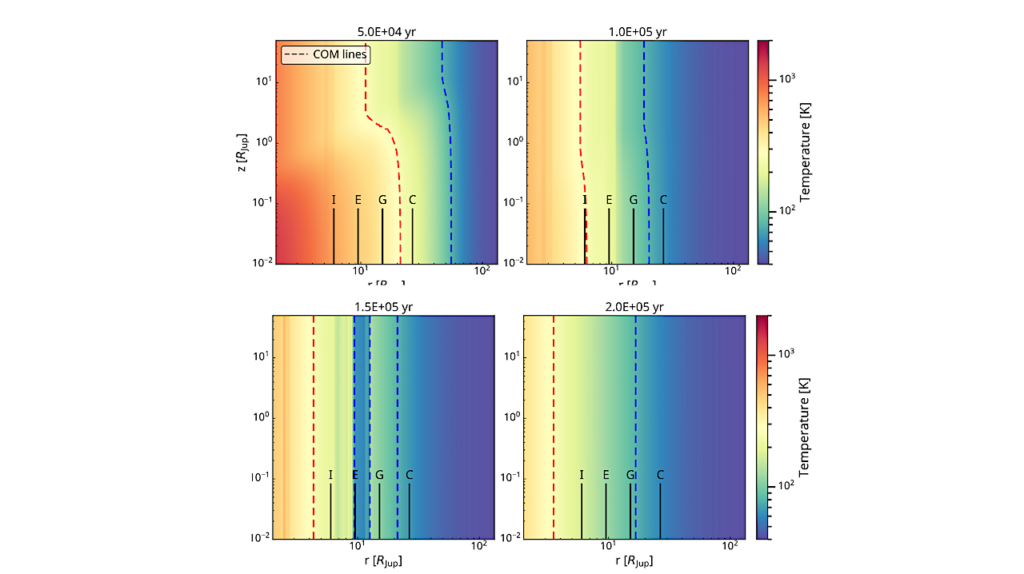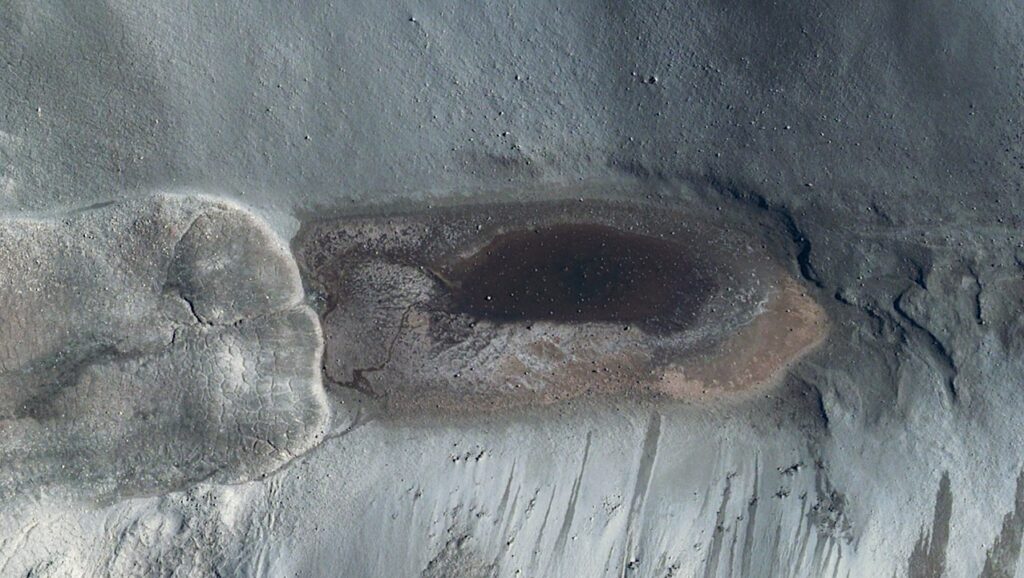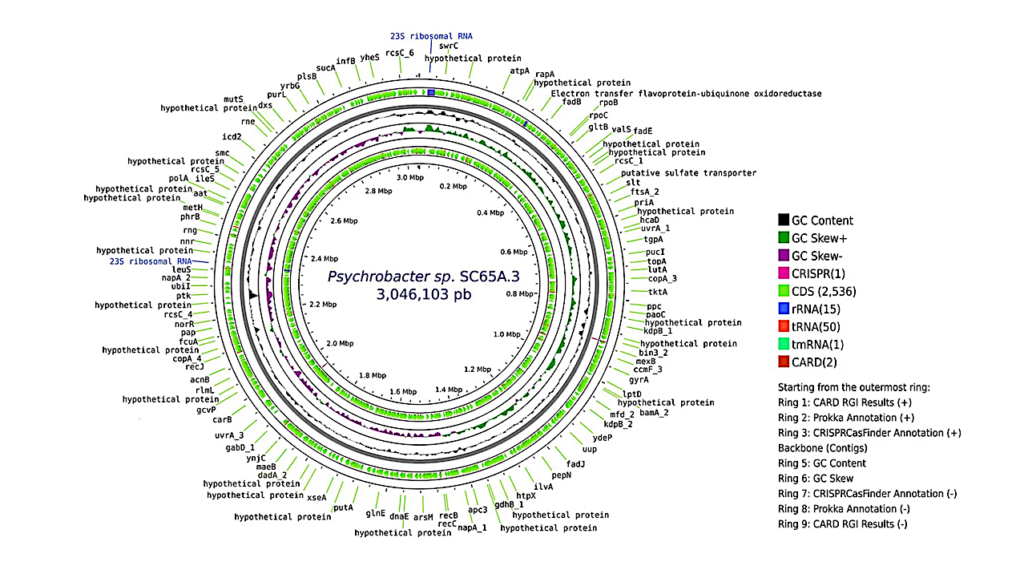The Longevity of Habitable Planets and the Development of Intelligent life

Why did the emergence of our species require a timescale similar to the entire habitable period of our planet?
Our late appearance has previously been interpreted by Carter (2008) as evidence that observers typically require a very long development time, implying that intelligent life is a rare occurrence.
Here we present an alternative explanation, which simply asserts that many planets possess brief periods of habitability. We also propose that the rate-limiting step for the formation of observers is the enlargement of species from an initially microbial state. In this scenario the development of intelligent life is a slow but almost inevitable process, greatly enhancing the prospects of future SETI experiments such as the Breakthrough Listen project.
Fergus Simpson
(Submitted on 19 Jan 2016)
Comments: 11 pages, 2 figures
Subjects: Earth and Planetary Astrophysics (astro-ph.EP)
Cite as: arXiv:1601.05063 [astro-ph.EP] (or arXiv:1601.05063v1 [astro-ph.EP] for this version)
Submission history
From: Fergus Simpson [view email]
[v1] Tue, 19 Jan 2016 20:18:21 GMT (21kb)
http://arxiv.org/abs/1601.05063


